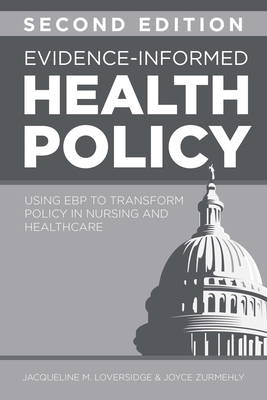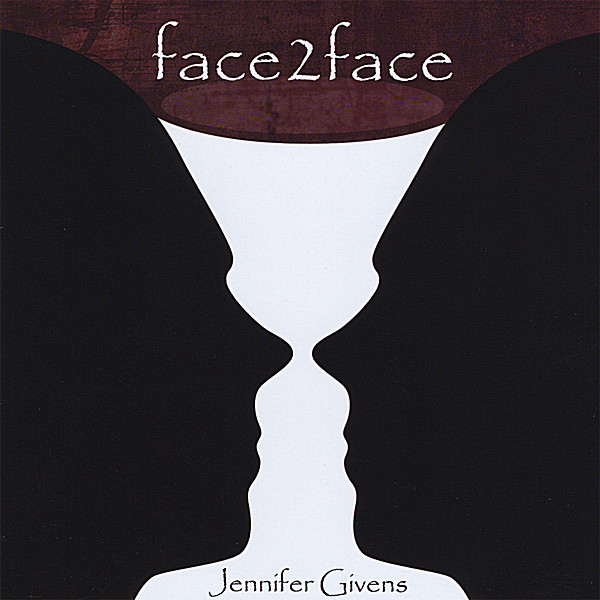
Loversidge, Jacqueline M.
product information
description
local, state, and federal levels directly affects patients, nurses, and nursing practice. Some healthcare professionals, though, are intimidated by the complex and often nonlinear policy process or simply don't know how to take the first step toward implementing policy change. In the second edition of Evidence-Informed Health Policy, authors Jacqueline M. Loversidge and Joyce Zurmehly demystify health policymaking and equip nurses and other healthcare professionals with the knowledge, tools, and confidence to navigate the first of many steps into health policy. This book translates the EBP language of clinical decision-making into an evidence-informed health policy (EIHP) model-a foundation for integrating evidence into health policymaking and leveraging dialogue with stakeholders.
The goals of this book are threefold:
- To persuade the reader that evidence-informed policymaking is not, after all, an oxymoron, and that the landscape and perspectives on the use of evidence in policy are changing. To our knowledge, this is the first health policy text in nursing and healthcare in which evidence- based policymaking is the primary focus.
- To ground readers in policy and policymaking to a sufficient extent that it serves as a foundation for using the rest of the book.
- To present the evidence-informed health policy (EIHP) model for nursing and healthcare. This model can be used by nurses and other healthcare professionals serving in active policymaking roles, teaching health policy, or simply interested in the process.
Audiences who can best benefit from this book include:
- Nurse leaders who are engaged in public policymaking
- Nurses who are members and staff of professional associations and organizations
- Nurse educators who are teaching public health policy to students at the graduate or undergraduate levels
- Healthcare regulatory agency members or staff
- Other healthcare professionals who are engaged in public policymaking
member goods
No member items were found under this heading.
Return Policy
All sales are final
Shipping
No special shipping considerations available.
Shipping fees determined at checkout.







